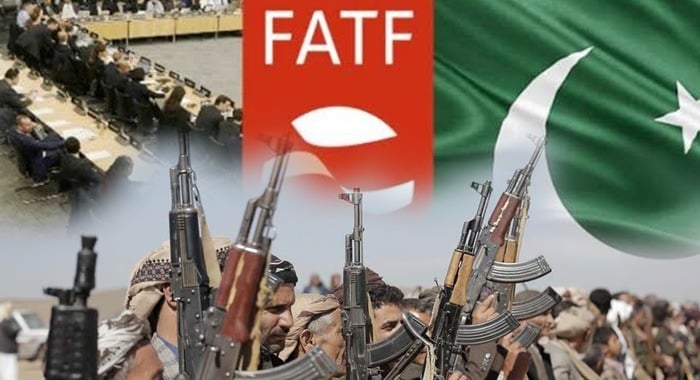Pakistan’s removal from the Financial Action Task Force (FATF) grey list in October 2022 was more than a diplomatic success it was a watershed moment in the country’s long and complicated battle against terrorism and extremism. Often under intense international scrutiny and regional pressure, Pakistan undertook one of the most rigorous institutional overhauls in its modern history. In doing so, it not only addressed the technical benchmarks set by FATF but also reshaped its financial and legal infrastructure to combat terror financing in a meaningful and enduring way.
For over four years, Pakistan navigated an exhaustive monitoring regime, facing back-to-back evaluations that tested the resilience of its governance systems. While grey-listed, the country was expected to address two separate FATF action plans simultaneously an unprecedented situation in the watchdog’s history. Yet, through a determined and highly coordinated response, Pakistan managed to deliver.
The reforms went far beyond paperwork. Pakistan enacted substantial legislative changes, streamlined its asset-freezing mechanisms, and bolstered the capacity of financial regulators and investigative bodies. Supervisory controls over both financial and non-financial institutions were tightened. Prosecutorial standards were raised, and courts began delivering judgments in high-profile cases, signalling a shift from symbolic arrests to tangible judicial outcomes.
FATF acknowledged this transformation. Its president, Raja Kumar, praised Pakistan’s strengthened framework and effective response to the identified strategic deficiencies. The global watchdog noted improvement not only in Pakistan’s technical compliance but also in the implementation of practical measures designed to detect, prevent, and punish money laundering and terrorist financing.
One of the clearest markers of seriousness was Pakistan’s handling of internationally designated individuals and groups. Take the example of Hafiz Saeed, head of the proscribed Lashkar-e-Taiba. Already incarcerated, he received additional sentences totalling 31 years, a move that few would have anticipated a decade ago. Meanwhile, Islamabad moved to implement arrest warrants against leaders of Jaish-e-Mohammad, further underlining its willingness to act where it had once hesitated. In April 2022, all channels of financial support to Lashkar-e-Taiba were shut down confirmed not by diplomats but by sources within the organization itself.
Such steps have not come without consequences. As reported by international researchers including Dr. Antonio Giustozzi of the Royal United Services Institute, the internal reaction from militant outfits has been openly hostile. A chilling statement from a member of Lashkar-e-Taiba likened the state’s new posture to “touching explosive switches,” warning that such policies could invite internal destabilization. The rise of Daesh (ISIS) as an attractive alternative for hardline jihadists disillusioned by the crackdown further complicates the security landscape.
Nevertheless, Pakistan’s actions have sent a clear message: It is no longer willing to allow its territory to be misused by groups that not only endanger its own citizens but also threaten global security. Contrary to long-standing regional allegations especially those levelled by India Pakistan’s trajectory tells a different story. These accusations often serve more as tools of political point-scoring than constructive engagement. Indeed, no credible multilateral body, including FATF, has substantiated claims that Pakistan remains a willful actor in terror financing.
The South Asian region has long been mired in mutual distrust, but the shared threat of transnational terrorism calls for a reimagined framework of cooperation. Rather than engaging in a cycle of blame and denial, regional powers like India and Pakistan would be better served by fostering channels for dialogue through institutions such as FATF. A cooperative security architecture, however difficult to envision today, remains the only sustainable path forward.
Pakistan’s journey from the grey list to compliance is not an endpoint it is a beginning. It marks the start of a more accountable, transparent, and globally engaged Pakistan. The world must recognize the scale of this transformation, not merely in words but through inclusive partnerships that acknowledge reform and encourage continuity. For Pakistan, the message is equally clear: the hard-won credibility must now be protected by vigilance, not complacency.





